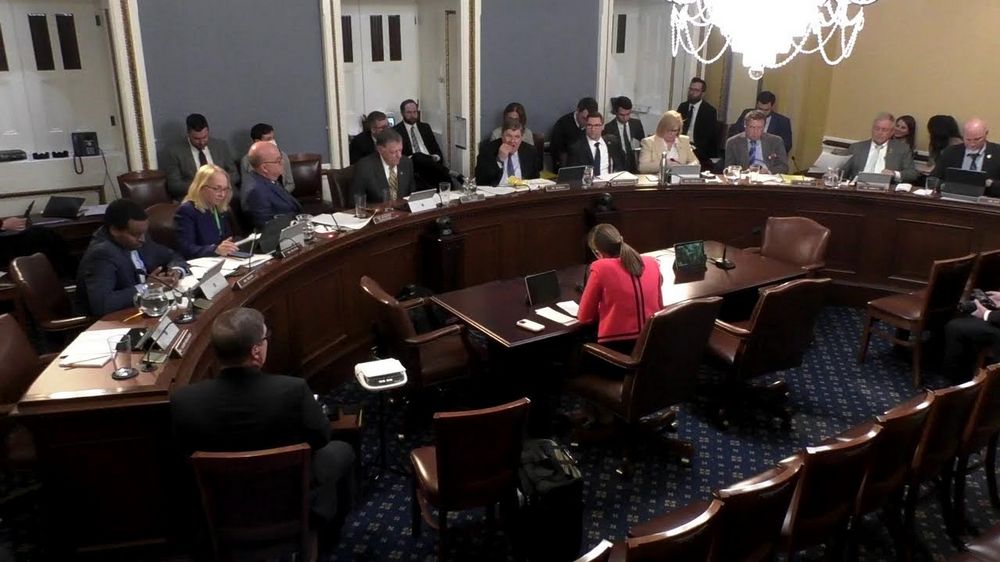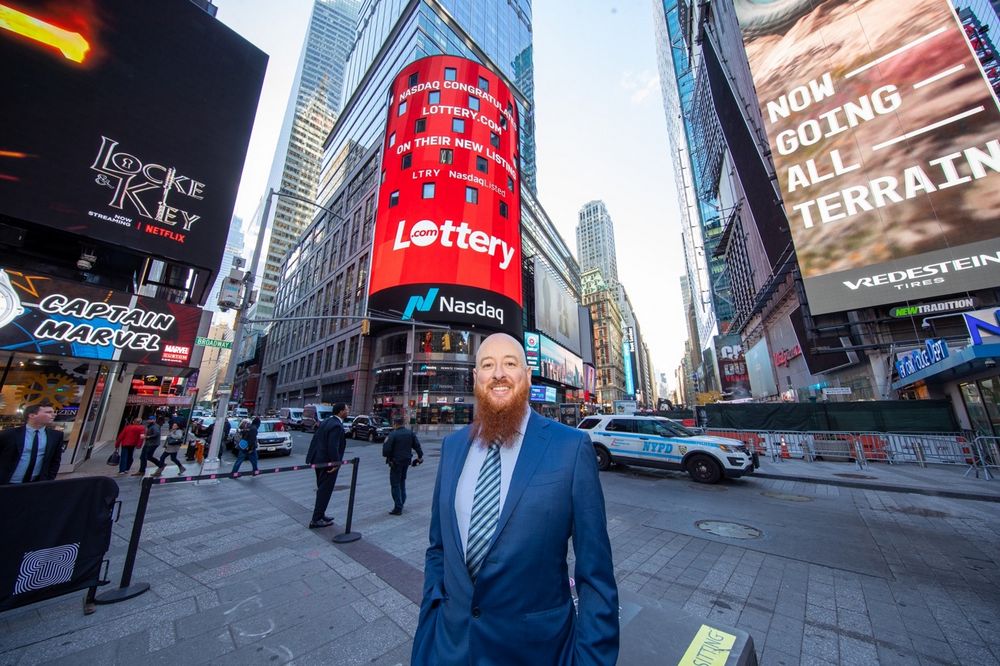The past decade has transformed European sport into a billboard for bookmakers. From the English Premier League to Formula 1 circuits, betting logos have become ubiquitous—plastered across shirts, trackside boards, and broadcast sponsorships. But what happens when regulators pull the plug? The answer is playing out right now in Europe, and the lesson may be one the United States cannot afford to ignore.
In the United Kingdom, Premier League clubs are facing a £100 million shortfall as the voluntary phase-out of front-of-shirt betting sponsorships takes hold by 2026–27. For clubs outside the elite, bookmakers were not just one sponsor among many—they were the anchor. Reports indicate that some mid-tier teams could see shirt deals shrink by half, with values dropping from £8–10 million per year to figures barely scratching £5 million. The result is a financial black hole at precisely the moment clubs are contending with wage inflation and infrastructural demands.

On the continent, the Dutch gambling regulator, Kansspelautoriteit (KSA), has gone further, banning betting logos outright from the Zandvoort Grand Prix. Sauber’s Stake F1 Team was forced to rebrand as “Kick Sauber” for the weekend. Red Bull, McLaren, and Williams likewise scrubbed logos of PokerStars, Allwyn, Betway and others. For global properties like Formula 1, this is more than a local inconvenience—it is a glimpse of a fragmented sponsorship future, where global deals are constantly renegotiated to fit a patchwork of national laws.
The message is clear: Europe’s professional sport has grown too dependent on betting money, and regulators are now redrawing the boundaries. For clubs and teams, this dependence is a structural weakness. For governments, it is an opportunity to curb gambling’s visibility in public life.
The question is whether the same trajectory awaits the United States. For now, the American market is basking in the afterglow of rapid legalization. Since 2018, when the Supreme Court struck down PASPA, more than 35 states have legalized sports betting. NFL, NBA, MLB, and NHL teams have embraced operators with naming rights, data partnerships, and official betting partners. The tone is celebratory: sponsorship revenues are up, fan engagement is booming, and sportsbook logos sit comfortably on arena walls.
Yet the European experience suggests that what looks like progress can calcify into overreliance. When a third of club revenue depends on betting, regulators hold a gun to the sport’s balance sheets. Could a similar reckoning hit the U.S.? Consider three pressure points.

First, public health scrutiny. Advocacy groups in the U.S. are already flagging concerns about gambling harm, particularly among younger fans exposed to nonstop advertising. Europe’s restrictions were born of similar campaigns, with the UK government citing child exposure to logos as a central factor in its review.
Second, regulatory fragmentation. Just as the KSA blocked betting ads in the Netherlands, U.S. states have divergent views. Some, like New York, maintain tight advertising guidelines; others are laissez-faire. A patchwork is emerging, and that instability mirrors the European fragmentation.
Third, political backlash. The same lawmakers who embraced betting as a tax revenue source could reverse course if scandal strikes—a match-fixing probe, a high-profile gambling addiction case, or financial misconduct involving operators. The fragility of political consensus is a lesson Europe knows all too well.
The irony is that sport, meant to be a symbol of resilience, has become financially fragile precisely because of easy betting money. Europe’s case studies—Premier League clubs staring down a £100m black hole, F1 teams forced to hide sponsors—are cautionary tales. For the U.S., the window to diversify sponsorship portfolios and build resilience is open, but it will not remain so indefinitely.
The smart move for American leagues is to bank betting money today but plan for a tomorrow where it may no longer be politically viable. Tech companies, sustainability partners, and international brands can help fill the eventual gap. Betting will remain a powerful partner, but dependency must not become destiny.
Because if the U.S. follows Europe’s path blindly, the future will not be about who wins on the field or the court—it will be about who can survive when the betting logos disappear.

































